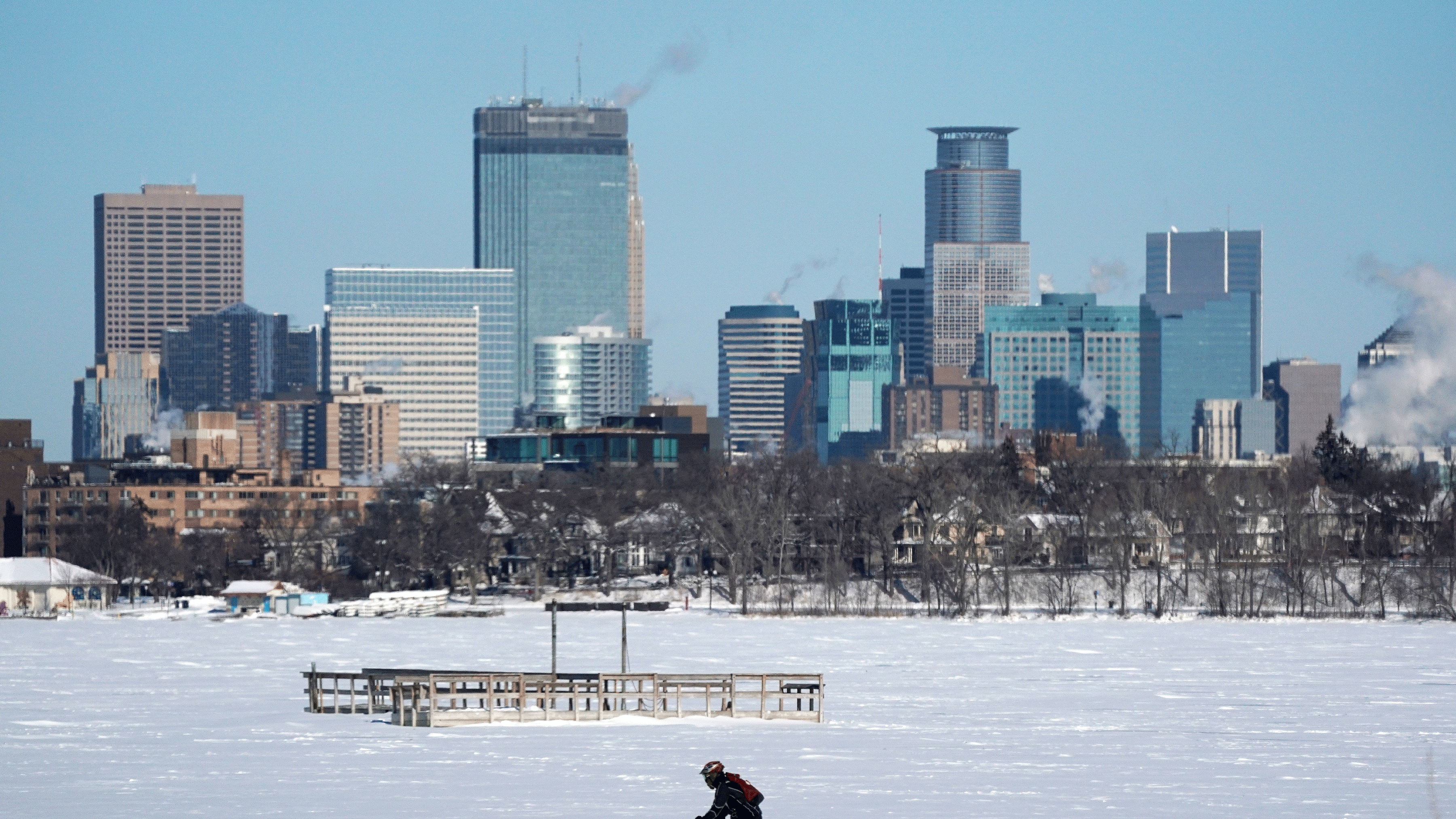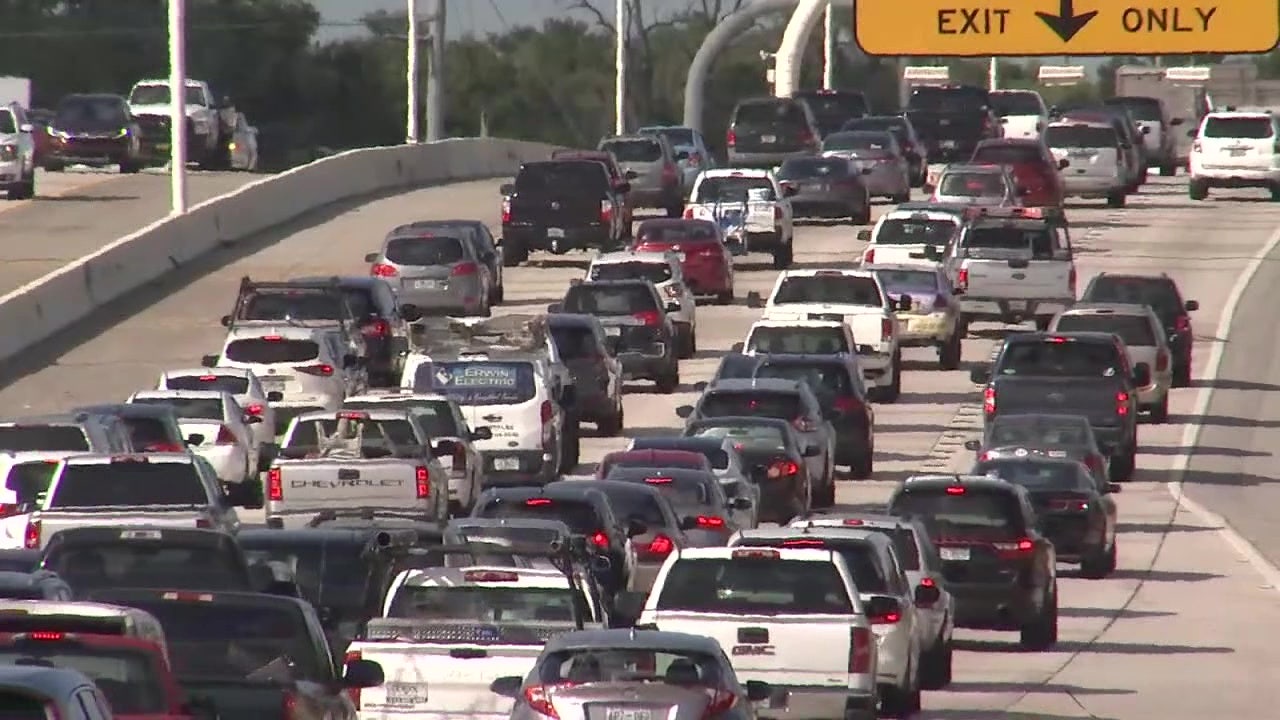Gambling
2024 Election Recap: Where Gambling-Related Races Stand

Photo By – Imagn Images.
Gambling was directly or indirectly on the ballot in a half-dozen races across the country. Here’s where these races stand a week after Election Day:
Missouri sports betting approved narrowly
Missouri voters have approved legal online and retail sports betting by one of the narrowest margins for any ballot measure in U.S. history.
Voters approved sportsbooks by roughly 5,000 votes out of nearly three million cast, a margin of less than 0.15%. With no recount expected, this will be just enough votes to bring legal wagering to the Show Me State.
The first books must take bets before Dec. 1, 2025. Regulators and the sportsbooks will likely push for a launch sometime before next year’s football season, perennially their most lucrative time of the year.
Only 11 states have not approved legal sportsbooks:
Alabama
Alaska
California
Georgia
Hawaii
Idaho
Minnesota
Oklahoma
South Carolina
Texas
Utah— Ryan Butler (@ButlerBets) November 6, 2024
DraftKings and FanDuel, which contributed virtually every dollar in the more than $40 million raised to support the measure, will be set to launch next year. Other national brands including BetMGM, BetRivers, bet365 and Fanatics are all set to apply.
So too is Caesars, which spent nearly $14 million on the unsuccessful campaign to stop sports betting.
In 2025, Missouri will be the 39th state to take a legal sports wager and the 31st to do so with statewide mobile wagering.
The Missouri sports betting approval comes as voters rejected a Bally’s-backed Lake of the Ozarks casino, 52.4%-47.6%. It would have been the state’s 14th commercial gaming property and the first in the tourist-heavy area in central Missouri.
Long-shot Texas gambling bills likely set back further
Texas’ lone competitive state Senate race will likely create another political obstacle to legalized casino gambling and sports betting.
Republican Adam Hinojosa defeated incumbent Democrat Morgan LaMantia 49.4%-48.3% (2.3% voted for a third-party candidate). Another Republican to the state Senate likely means one more vote gambling supporters will have to flip – a daunting process even before Election Day.
Republican Lt. Gov. Dan Patrick, who through his position manages the day-to-day dealings of the state Senate, has said he will not bring up any gambling bills that don’t have majority GOP support. Hinojosa centered his campaign on Christian conservative values, a position that likely puts him at odds with gambling expansion.
The possible silver lining for gaming advocates is the presidential election of Donald Trump. Patrick is an outspoken backer of the former (and future) president and could be a contender for a position in the federal government.
Patrick’s departure would still leave a Republican-heavy legislature skeptical of gambling, but it would remove the single biggest political roadblock to legalization.
Minnesota state House still undecided
A race that could shape another sports betting legalization hopeful is still too close to call.
Current vote totals have the Minnesota state House of Representatives with a tied number of Republican and Democrat-affiliated Democratic-Farmer-Labor (DFL) members. Two of the races could go to recounts, meaning that either party could have control – or the chamber remains tied.
The razor-thin margin in the House, combined with the DFL’s one-seat control on the Senate, means both parties will have to compromise on any legislation, especially Minnesota sports betting. The two parties have largely supported legalization but have not reached a statehouse-wide consensus on a deal that could garner enough support in both chambers.
Supporters remain bullish on a deal negotiated earlier this year, but the pending power balance could create a new, more complex reality in the statehouse when lawmakers begin the 2025 session in January.
Fifth Virginia casino gains lopsided support
A delayed fifth Virginia casino has found a home in Petersburg.
Petersburg, Virginia votes approved a casino within the city limits by an 81.5% to 18.5% margin. The backing comes after voters in nearby Richmond rejected the right to open a casino in the city.
The new casino will join properties opened or under construction in Bristol, Danville, Norfolk, and Portsmouth. A 2020 bill allowed voters in up to five Virginia jurisdictions to approve commercial casinos, the first such facilities in the Commonwealth’s history.
This new Live! Virginia casino property could indirectly hurt Virginia’s future online casino gaming expansion plans.
Cordish Group, which won the bid for the casino before voter approval, has opposed online gaming expansion in neighboring Maryland and other jurisdictions. Having an outspoken iGaming opponent could further damage the long odds the Old Dominion approves digital real money slots or table games.
Arkansas voters reject fourth casino
An already approved casino has lost its license. It will be even harder for it, or any other gaming property, to open in Arkansas.
Arkansas voters approved a measure by a nearly 10-point margin that strips a previously permitted Pope County casino of the right to open. The measure also requires all future gaming facilities to earn local approval by their respective governments.
The Pope County casino was part of a 2018 voter-backed constitutional amendment that allowed it and three other full-scale commercial gaming facilities. The other three properties progressed with minimal opposition, but the casino in Pope County divided residents. After years of legal challenges, the Cherokee Nation was granted the right to open the casino.
Initial vote tallies in Pope County, Arkansas, where a much-discussed casino is set to be built, show voters are voting to maintain; but it’s a statewide ballot measure, and it now trails roughly 56%-44% with a little over half of the total state counted
— Ryan Butler (@ButlerBets) November 6, 2024
The Choctaw tribe, a rival casino operator in Oklahoma, funded the opposition campaign, which argued local residents should have the right to approve any casino in their home municipality. The wording of the measure, where a “yes” vote rejected the Pope County casino and a “no” vote retained it, also likely complicated matters further.
Now a fourth casino will need local voter approval, a process that delays a casino opening by at least two more years. It also means Arkansas will stay with three online sportsbooks, all of which are partnered with one of the existing brick-and-mortar properties.










